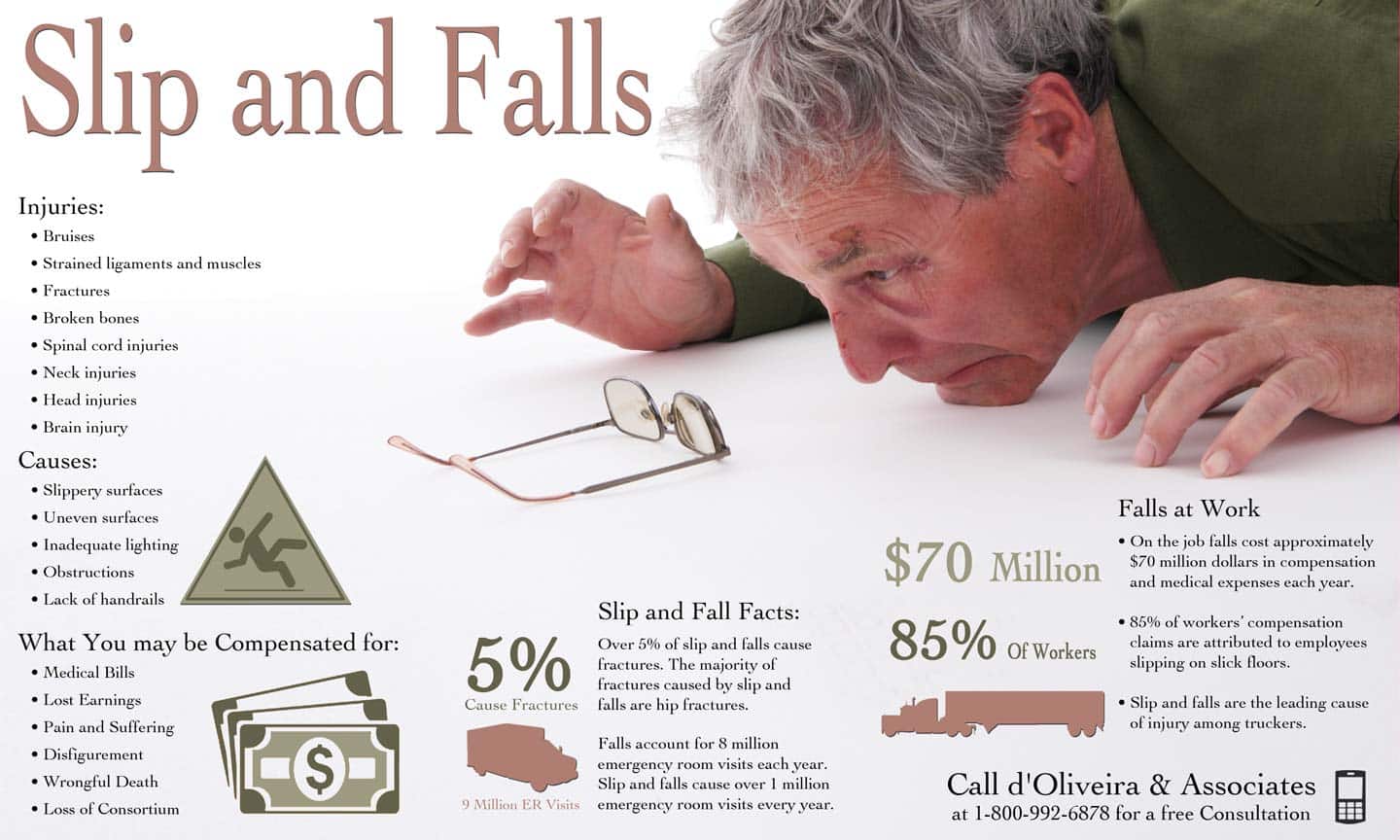Figure Out Exactly How To Browse Landlord-Tenant Disputes Efficiently, However Beware Of The Covert Complexities That Could Affect Your Rights
Figure Out Exactly How To Browse Landlord-Tenant Disputes Efficiently, However Beware Of The Covert Complexities That Could Affect Your Rights
Blog Article
Content Author-Staal Walker
When it concerns landlord-tenant law, recognizing your civil liberties and obligations is vital for both events. You could believe you have a solid understanding on the fundamentals, however there are commonly subtleties that can catch you off guard. Whether you're a proprietor handling a home or a lessee searching for a stable home, comprehending the legal landscape can make all the difference. What might stun you are the complexities associated with browsing conflicts and expulsion processes.
Understanding Occupant Civil Liberties and Responsibilities
When you lease a building, it's essential to understand your rights and obligations as a tenant. You deserve to a secure and habitable living environment, suggesting your landlord needs to keep vital solutions like home heating, plumbing, and electrical energy.
You're also entitled to privacy; property owners typically need to give notification before entering your unit.
On the other hand, you're responsible for paying rent promptly, keeping the building clean, and not triggering damage beyond normal damage.
Familiarize on your own with your lease contract, as it lays out specific regulations and responsibilities. Recognizing these aspects not just secures you but also fosters a positive relationship with your property manager.
Remain educated, and you'll navigate your tenancy more effectively.
Key Landlord Commitments and Legal Factors To Consider
While you may recognize your civil liberties as a lessee, it's equally crucial to comprehend your property owner's obligations.
Landlords have to offer a safe and habitable living atmosphere, making certain that essential systems like heating, pipes, and power are in functioning order. They're likewise in charge of making necessary repair services without delay and adhering to regional building codes.
Furthermore, property managers should value your privacy by giving proper notification prior to entering your system, usually 24 hours. They should manage security deposits according to state legislations, including returning them quickly after you move out, minus any type of authorized reductions.
Comprehending these commitments can aid you preserve a positive connection with your property manager and ensure your living situation meets lawful requirements.
Navigating Conflicts and Expulsion Processes
Disputes between proprietors and lessees can develop suddenly, making it critical for you to understand the procedures involved in resolving them.
First, interaction is key-- try to go over concerns directly to find a compromise. If that falls short, acquaint on your own with your regional legislations concerning disagreements and expulsion. Record every little thing: keep documents of interactions, payments, and any violations.
If expulsion becomes required, guarantee you adhere to the legal steps called for in your area, which usually consists of giving written notice and a details duration for resolution.
Be prepared to head to court if the situation intensifies, as it may be your only recourse. Comprehending these processes will assist you navigate disputes better and safeguard your civil liberties as either a property manager or renter.
real estate closing attorneys miami
In recap, recognizing landlord-tenant legislation is important for both events associated with a rental agreement. By understanding https://zenwriting.net/tracy43gregorio/what-should-i-ask-my-real-estate-attorney and duties, you can promote a much better living atmosphere and avoid conflicts. If conflicts develop, keep in mind that a real estate attorney can help direct you via the intricacies of expulsion procedures and legal obligations. Remaining notified and positive will guarantee a smoother rental experience, whether you're a proprietor or a tenant.
